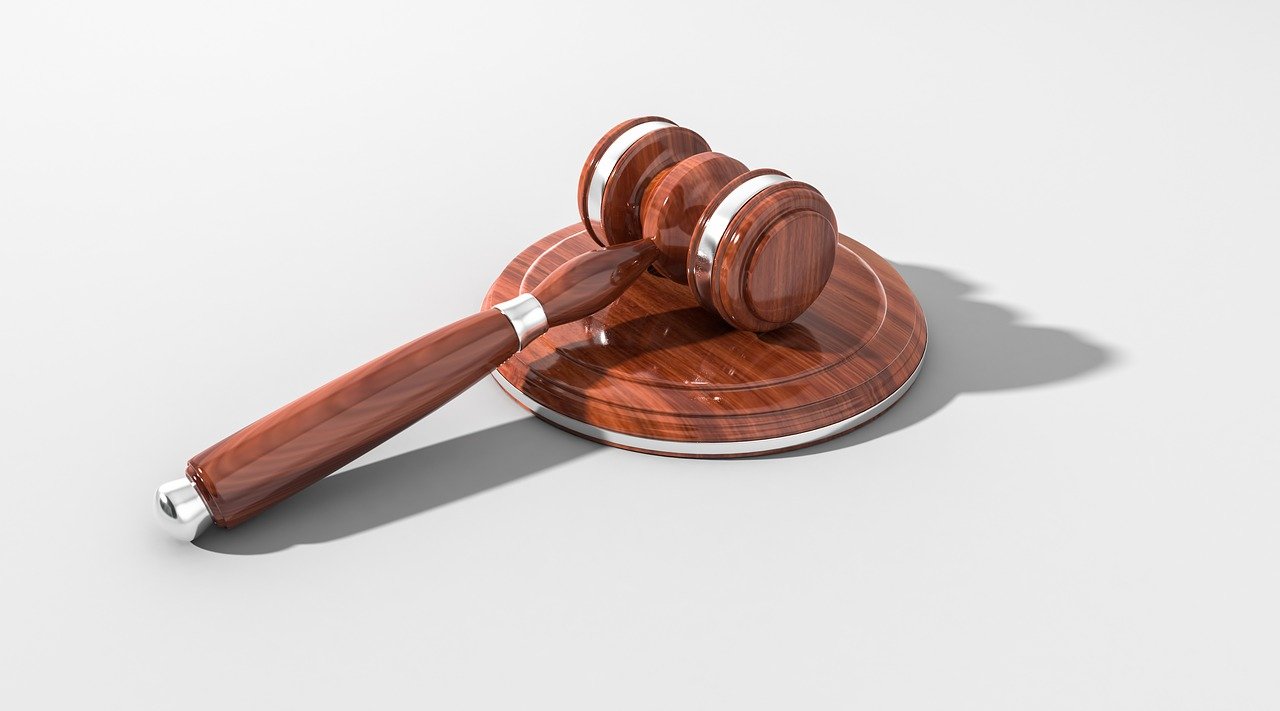There has been much talk recently about whether the jury system is fair, and whether it is free from prejudice. My answer has to be: No, it is not.
The original idea of the jury was a brilliant one, but it was very different in theory than it is in practice. Originally, the jury was there as a cross-section of the general population, a small group of people who could make an unbiased decision.
Problem one: The jury were supposed to be a cross-section of society, taken at random from the whole country / county. Too many people excuse themselves from jury duty, using silly excuses. It should be compulsory to sit on the jury, with only exceptional circumstances being able to exclude someone from duty.
Problem two: Jury members will be paid for their time. A ‘salary’ is given, plus expenses, but is generally too small to cover the pay that full-time workers earn away from the courthouse. If they make it compulsory to serve on the jury, they have to be able to give ‘relevant’ payment to members.
Problem three : What is an acceptable period of time to settle a case? If you are going to remunerate people for the time served, it is imperative that cases are settled in an orderly and structured manner. Jurors will try to extend the time taken to make a decision, if they know that the more time they take to deliberate, the more they get paid.
Problem four : Jurors are paid the same amount, no matter what their circumstances. If you remunerate one juror more than the others, it would be unfair. They are doing the same job, aren’t they? However, should you not remunerate someone who is qualified (with a degree, for instance) more than someone else who has a high-school diploma? Should you not pay someone who is in the pertinent field more than others who are not?
Problem five: Jurors are not allowed to be exposed to public opinion, lest they get swayed by the hype and majority opinion. Surely, the more the jury knows, the better they will be able to make a decision? If they read newspapers, or surf the internet to get more information on the particular type of crime they are making a decision about, are they doing something wrong? They were put on the jury to reflect public opinion, so why not listen to the public?
Problem six: Judges have to tell the jury what the law says. A jury should have the right to make up their own minds, and should be able to use logic to give a judgement. The judge can tell them what the law says, but should that influence the jury? Countries have changed the law to suit themselves for centuries and it’s about time they listen to what the people are saying. If they hire a jury, so that the judge can tell them how they should rule, then they might as well go home.
Problem seven: The jury have to decide the case based on the questions that the two attorneys or lawyers or whatever have presented. There are legal representations that cannot be entered into, due to some stupid law or the other not allowing it. Each jury member should have the right to stop the trial at any time (with proper respect, of course), and ask a questions of the judge or the witness. Most of the time, the jury does not understand legal terms, and the judge is not the best person to interpret on their behalf.
Problem eight: Lawyers are allowed to choose the jury. A jury will never be free from prejudice, as long as they are chosen by the lawyers. Obviously, a lawyers will not choose someone who will be on the opposite side of the fence. He / she is going to choose people who will support his client, who is one the same demographic as him. That should not be allowed. The jury should be taken at random, and let the cards fall where they may.





